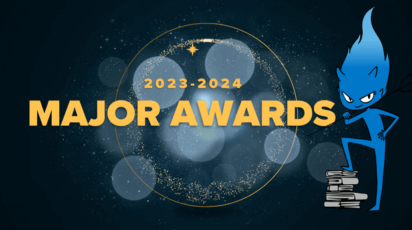News
The Importance of Teaching Students About Hate Speech From a Young Age
During the Words Matter sessions with Grade 3, students sit crossed-legged with early childhood educator and Diversity, Equity, Inclusion, and Belonging (DEIB) Coordinator Olugbala Williams alongside them on the carpet to complete the circle. There is intention behind even the smallest details of this initiative and how it is presented to students. Each detail points toward student agency and “employing the muscles of empathy.” Within these circles, students grapple with new frameworks to contextualize the imperfect world of inequalities and social injustice and their responsibility as young community members of a diverse school.
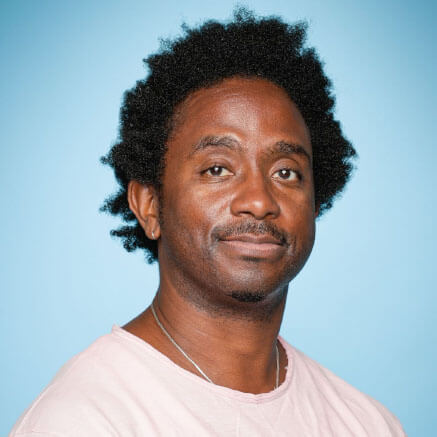
Words Matter isn’t just the title of a new initiative in the Lower School; it is cautionary and a reminder that our words are powerful and shape the everyday realities around us. Language, the words we use, reinforce the invisible systems that govern our society. And using language as a tool, we can either perpetuate systems of harm or we can expel them. We must be mindful of our words and their impact, especially with the people we care for and who are part of our community.
Building Empathy
At Lower School, Williams asserts the importance of shaping responsible students into empathetic community members who are comfortable with differences as early as possible. “We want students to use respectful language, to understand why hateful language is not permissible in any space, especially in a school. Furthermore, we want students to recognize how language can not only be used to demean, but also how it is entrenched in power, privilege, and oppression–to begin to see how hateful language is directly tied to the marginalization of people, and hateful language’s impact on history.”
“Words Matter” in Action
The Words Matter initiative encompasses three sessions. In each session, students are reminded of community guidelines to respectfully challenge one another while remaining kind, to actively listen, to be present when silent, to share their experiences or “tell your own story,” and more.
In the first and second sessions, students’ prior knowledge is activated with questions like “What is power?” and “Power means you are able to do what?” Or, “What is the difference between teasing and hate speech?” Through class discussion, students build a common vocabulary and share personal stories of how words create a stronger school community. In the third session, students are taught action steps to take when they witness hateful language: interrupt, echo, question, or educate.
With new knowledge and tools comes empathy and understanding. Students in the circle discussed how encounters with hateful language made them feel, what values they want to see in their community (like empathy, not just sympathy), and things they could say when they hear hateful language. These tools teach students how to redirect or transform conflict positively into a learning opportunity and are a reminder to a classmate that they are supported, or simply, to put an end to a moment of verbal harm.
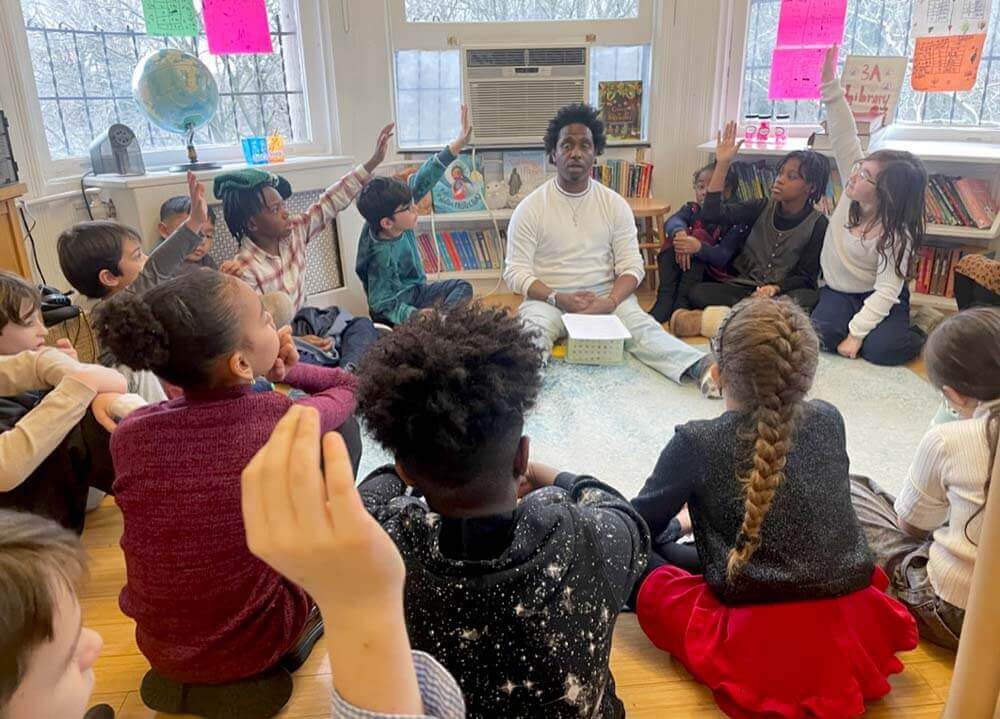
Success in Forging Connection Among Students
Williams shared that the sessions with students have been successful in part because ultimately the work of making our Lower School student community safe and equitable among our youngest scholars is simple: the children have strong desires to authentically connect. A successful part of the workshop was when the children connected with one another by exchanging words of affirmation and encouragement.
“The students had so much to say about how to use uplifting language, making the distinction between positive and negative language, and what values are needed to foster positive language.”
Olugbala Williams
Students at the Lower School are eager to learn about the historical structures that divide them and the language that reinforces that division. With this knowledge and learning the tools to counter this, they understand how to come together. Their enthusiasm in each Words Matter session is evidence that they welcome independence and responsibility; they are willing to share with others language that has hurt them and how they’d like to speak or be spoken to in the future.
“The most thrilling part for me, as a teacher,” said Williams, “was seeing the level of engagement and thoughtfulness the children brought to this work. The students had so much to say about how to use uplifting language, making the distinction between positive and negative language, and what values are needed to foster positive language. You can see their intelligent list in the Lower School’s lobby.”
In Words Matter sessions, students aren’t just learning about what hateful language is, they are learning tools that help them to self-advocate, become upstanders, and be good gatekeepers of their community values. This becomes especially evident in the older grades where they may start to experience conflict among classmates and friends for the first time. Initiatives like Words Matter provide students with preemptive strategies to address difficult social situations in ways that allow that to build confidence and social emotional intelligence.
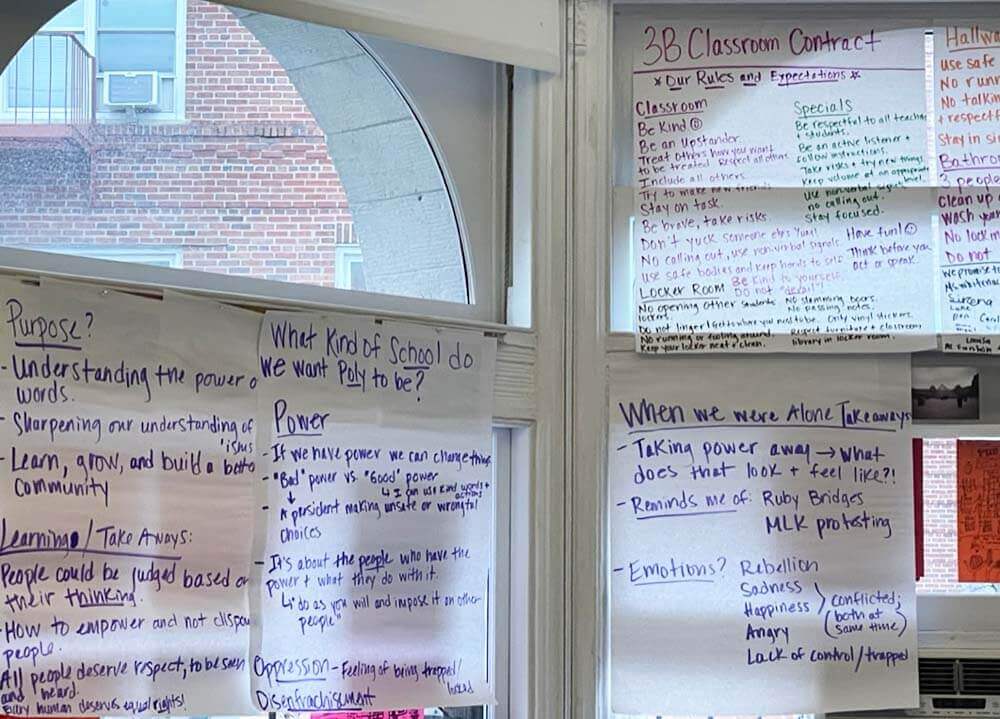
The Start of Words Matter
Initially, the three-part workshops were created to prevent the use of harmful epithets, mostly directed at people of African descent. Williams has taught at Poly for over 25 years, witnessing the evolution of the school and its generations of young students who have walked through its doors. Williams reminds us that teachers are also witnesses to students’ experiences in school. He keeps a close eye on all his young charges to ensure that his classroom remains a site of respect, equity, and liberatory practices.
Generally, schools, as institutions, are a microcosm of the larger society which perpetuates racism, homophobia, sexism, and other forms of systemic oppression and violence. And it is from this reality that Lower School faculty and administration create responsive, anti-racist programming to ensure our school’s values are met with integrity. Additionally, to avoid further insult and repeated injury, it is important that students know that they are worthy of apologies and communitywide actions to address incidents when they have been hurt by hateful language.
The Future of Words Matter
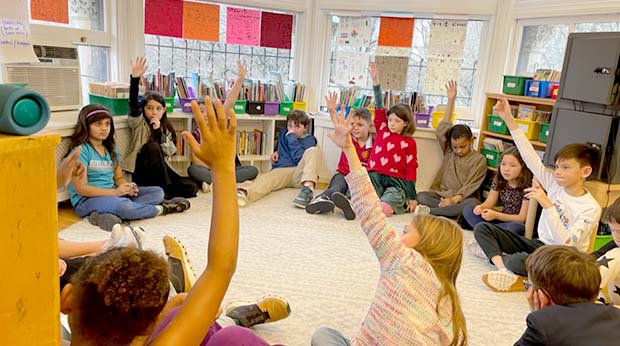
Building empathy and understanding with initiatives like Words Matter is part of a multi-faceted approach Poly’s DEIB team has brought to our community. Recent programming includes the Counteracting Ideologies of Hate, professional development and facilitated conversations within the Middle and Upper Schools led by international leadership development organization Seeds of Peace, and powerful assemblies and student-led Service Learning Team presentations of research-based histories and social issues. Additionally, Upper School History Talks which have included topics such as “Asian America: Shaping Communities & Identities” and “New York City’s Asylum Seeker’s Crisis,” are also opportunities for students and faculty to collaborate and engage in meaningful discourse. Expanding Words Matter to the Dyker Heights campus is a goal of the DEIB team. “We plan to continue this initiative next year, by going deeper and teaching it in the older grades, “ said Williams. “The vision is to see this format be used in Middle and Upper School, where hate language is more prevalent and the harm resonates in a profound way.”
Students at Dyker Heights have been working this year within their affinity groups to educate the community on their cultures, sharing their experiences at Poly, as well as offering opportunities for schoolwide improvement. Programs like Words Matter are indicative of faculty and administration’s desire to collaborate with students on a shared vision to empower students and provide them with tools to safely and responsibly navigate the world.



